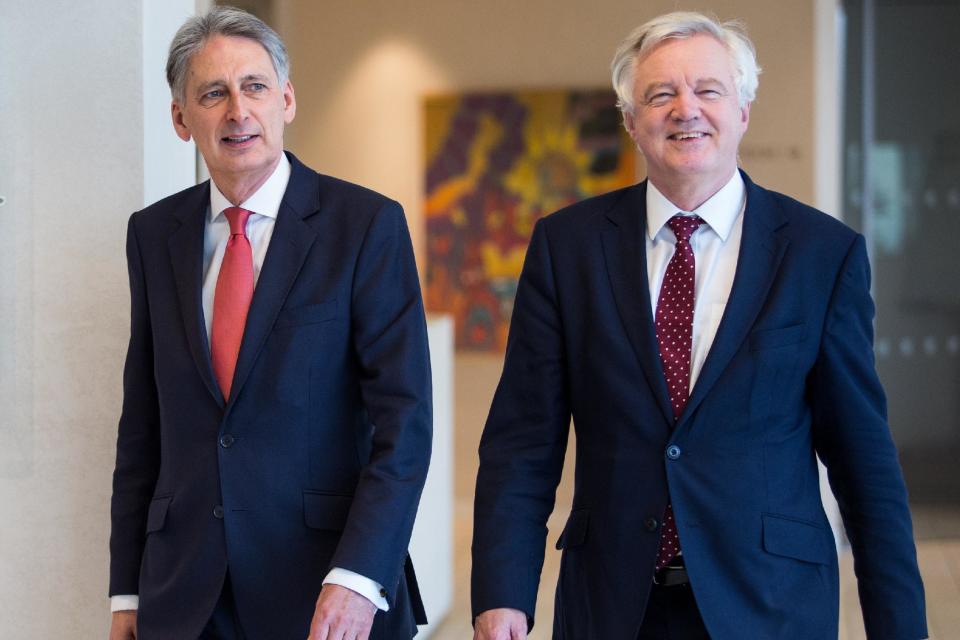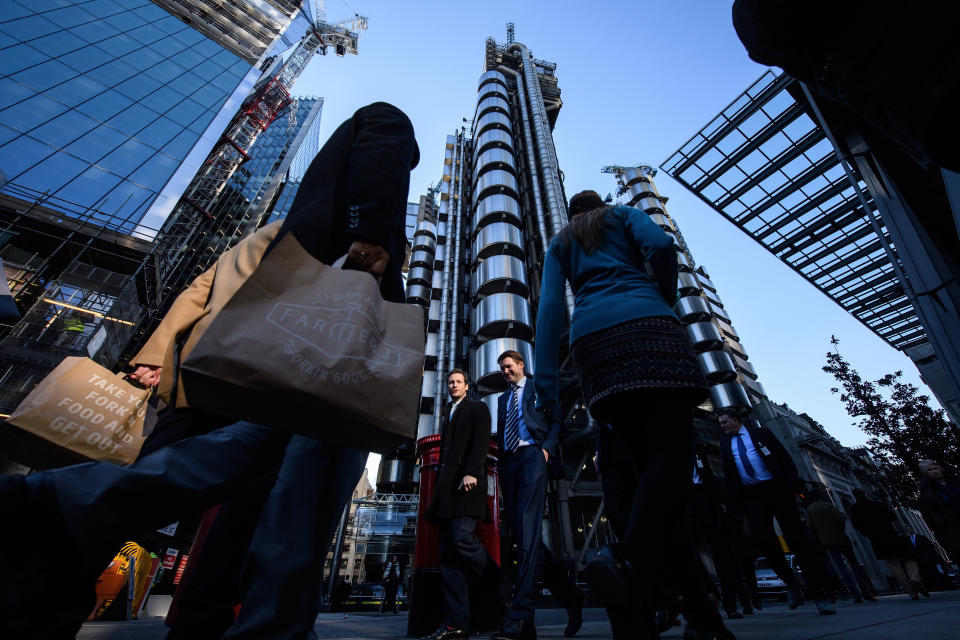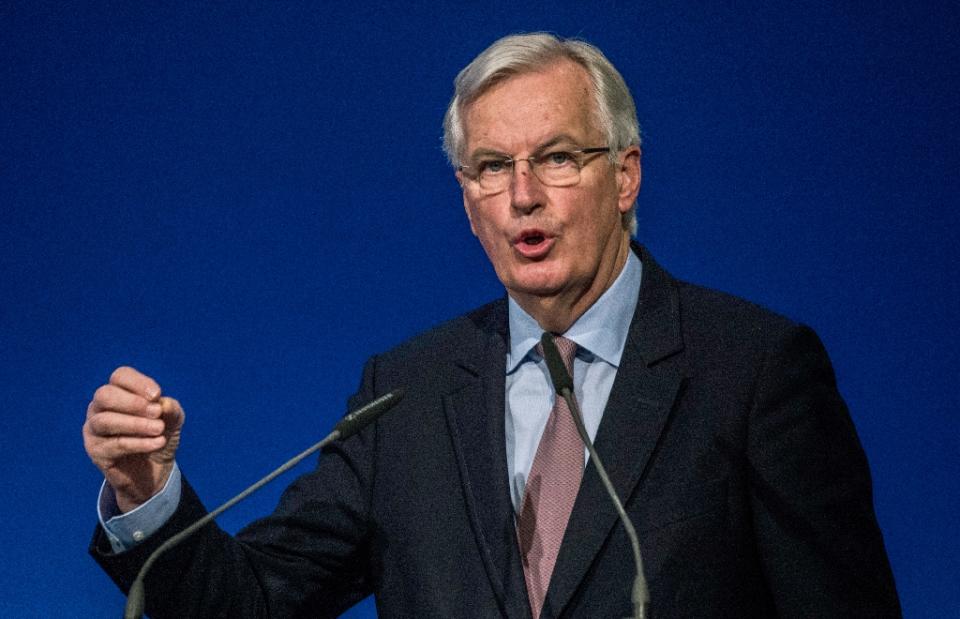Brexit: why a bespoke financial services deal for the UK is 'pivotal'

Excluding the “pivotal” area of financial services from a Brexit deal could spark a global crash, Philip Hammond and David Davis are warning.
The chancellor and the Brexit secretary are in Berlin on Wednesday meeting German business leaders as they try to convince the EU that a bespoke deal to include special provisions for the City of London.
They will argue a bespoke deal is not only vital for the UK and Europe but also has global ramifications.
Why is it so important, then?
In an article for the Frankfurter Allgemeine newspaper ahead of the visit, Hammond and Davis raise the prospect of a repeat of the financial crash that swept the globe in 2008.
“… the 2008 Global Financial Crisis proved how fundamental financial services are to the real economy, and how easily contagion can spread from one economy to another without global and regional safeguards in place,” they write.
MORE: Bank of England will allow EU banks to carry on as normal after Brexit
Continued financial and regulatory co-operation within Europe after Brexit is essential if the continent is to “lead the world” in terms of enhancing global financial supervision.
“That work should not end because the UK is leaving the EU,” they add.
“On the contrary, we must re-double our collective effort to ensure that we do not put that hard-earned financial stability at risk – by getting a deal that support collaboration within the European banking sector rather than forcing it to fragment.”

Isn’t this just more ‘Project Fear’?
Well, as both sides appear to become more entrenched in their positions, some in the EU will certainly see it that way.
Michel Barnier, the EU’s chief Brexit negotiator, together with Europe’s top politicians, have gone out of their way to warn repeatedly there will be no special, bespoke deals for various sectors – including financial services.
David Davis has spoken of a “Canada plus, plus, plus” deal – which would expand on Canada’s low-tariff free trade deal with the EU, with services included as well as goods.
He and Hammond say in the article: “It makes no sense to either Germany or Britain to put in place unnecessary barriers to trade in goods and services that would only damage businesses and economic growth on both sides of the Channel.”
MORE: EU’s Barnier deals fresh Brexit blow as he rules out special deal for bankers

Do we have any idea what this deal could look like?
As with every other aspect of the talks thus far, nothing concrete has emerged.
With a little over a year to go to Brexit day – in March 2019 – only tentative conclusions have been reached regarding the key issues of the divorce bill, the Irish border and the guarantee of citizens’ rights.
It does now seem clear the UK will be paying upwards of €50bn towards a final financial settlement but nothing has been set in stone. And, EU and UK citizens living here or in the bloc will be protected until next year but beyond that, it remains unclear.
Davis has spoken in the past about special travel arrangements for those in the financial sector to allow them to move freely through the EU – and also maintaining the current “passporting” arrangements that allows money and trades to cross borders without hindrance.
But, again, Barnier has said once the UK leaves, that’s it, all previous arrangements are null and void.
MORE: What will happen to UK banks after Brexit?
So, it’s a grand ambition rather than a clear plan?
Yes. With just months to go before the Brexit balloon goes up, this visit is more a charm offensive than detailed negotiations.
“So as Brexit talks now turn to trade, the UK will look to negotiate a new economic partnership with the EU – the most ambitious in the world – that recognises the extraordinary levels of interconnectedness and cooperation that already exist between us,” the two UK ministers write.
“When we leave the EU, we will leave the Customs Union and Single Market, but in agreeing a new model of cooperation, we should not restrict ourselves to models and deals that already exist.”
Quite what those new “models and deals” will look like, is guesswork right now.

 Yahoo Finance
Yahoo Finance 
